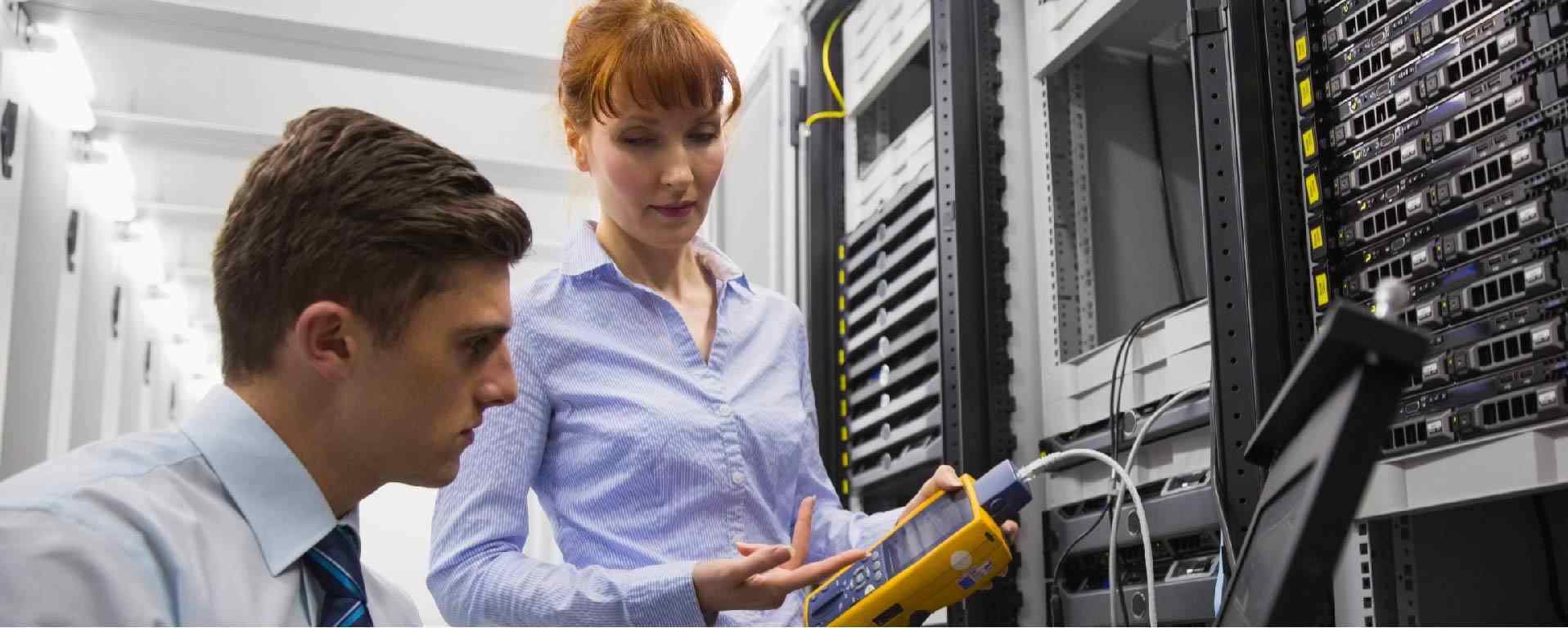
Benefits of an On-Premise CMMS
An on-premise CMMS can be ideal for organizations looking for great security, controlled costs, and high availability. Learn more.
Solutions
Workplace Management Solutions
Real Estate Management Solutions
Maintenance Management Solutions
Energy Management Solutions
Engineering Document Management Solutions
Asset Management Solutions
Automate campus scheduling for classes, meetings, and exams with our EMS software.
Plan and manage conferences effortlessly with EMS software to impress guests and streamline operations.
Boost workplace flexibility and maximize space use with seamless desk and room booking.
Organize workplace or campus events smoothly, creating memorable experiences.
Optimize workspace, manage allocations efficiently, and reduce costs with our space management solutions.
Deliver projects on time and within budget by improving communication, collaboration, and efficiency with our software.
Streamline lease accounting for ASC 842, IFRS, and GASB compliance.
Manage leases efficiently by tracking key dates, analyzing costs, and ensuring compliance.
Centralize data and analytics for better insights, faster negotiations, and revenue growth.
Centralize facility and asset maintenance, automate work orders, and ensure compliance with our CMMS software.
Extend asset life, reduce downtime, and prevent costly repairs with data-driven monitoring.
Prevent equipment failures and extend asset life by detecting and addressing issues early.
Make sustainable, cost-efficient energy decisions by monitoring and optimizing power consumption.
Remotely monitor and control equipment with real-time data to predict issues, boost efficiency, and reduce downtime.
Easily share and collaborate on documents, creating a single source of truth for engineers and contractors.
Manage and analyze assets across their lifecycle to schedule maintenance, reduce downtime, and extend lifespan.
Improve visibility, automate work orders, and ensure compliance for efficient facility and asset management.
Resources
Browse our full library of resources all in one place, including webinars, whitepapers, podcast episodes, and more.
Support
Looking for access to technical support, best practices, helpful videos, or training tools? You’ve come to the right place.
About Accruent
Get the latest information on Accruent, our solutions, events, and the company at large.

Would your organization benefit more from an on-premise or a cloud CMMS deployment? Here, we break it down.
Table of contents
A CMMS is one of the most important software applications a company will use. One of the first questions organizations ask when searching for the right Computerized Maintenance Management Systems (CMMS) is “do we want a cloud-hosted option or an on-premise option for our software platform.
Technology and maintenance needs are changing rapidly for companies. Therefore, choosing the right platform for today’s software may be much different than a few years ago
CMMS solutions from just 15 years ago couldn’t connect to the internet. There was no choice but to store data on-premise at each business location. But gradually, cloud storage has become a viable option for many companies.
As businesses seek alternatives for data storage another trend has gained popularity for enhancing the data that’s stored and analyzed the Industrial Internet of Things (IIoT).
The Industrial Internet of Things (IIoT) is refers to machines that can connect with one another. This way, they can quickly share data and compile actionable reports.
The IIoT trend allows machines to transmit data to an analytic solution and CMMS is just one type of technology that can supplement this data sharing by focusing on machine maintenance.
The specific way CMMS solutions supplement this trend is through condition-based maintenance. When machines can give real-time readings on certain variables, such as temperature, oil viscosity or wear damage, the solution can predict when it’s time to conduct maintenance. This is also called predictive maintenance, as it collects the data for experts to make predictions.
Not everyone seeking CMMS will want condition-based maintenance. CMMS is also great for scheduling routine maintenance, which doesn’t require the transfer of data in real-time.
When it comes to hosting maintenance software, whether it’s for keeping up with real-time conditions or for periodic reminders, businesses can opt for on-premise or cloud solutions.
On-premise: Hosting data on-premise means you must maintain the hardware that stores your data. This requires each business to have its own IT staff to manage all the back-end work on a dedicated server in the office building.
Cloud: Hosting data in the cloud means you rely on the vendor to host your data as an additional service. This means much less IT work on the client’s end and the data is accessible through the internet for any user at any time and any location.
Clients who opt for on-premise CMMS typically already have a dedicated server and data warehouse, whereas clients leaning toward cloud options need data storage as a service along with the full Software as a Service (SaaS) platform.
Within the context of IIoT, there’s another very important difference between these two methods of hosting data. Cloud storage can’t match the security of on-premise storage. For those seriously considering the IIoT trend, your data is more sensitive than standard preventive maintenance data.
If your business intends on using CMMS for relatively small-scale initiatives, such as a preventive maintenance routine on a fleet of cars to schedule oil changes, there’s a good chance cloud storage will allow the fastest ROI on your purchase.
But, if your business is investing in predictive maintenance, and may connect high capital or mission critical equipment to the CMMS solution, such as in an oil refinery, water treatment plant or even a healthcare facility, the security and reliability of this data is often more sensitive than it would be at other facilities.
Cloud solutions come with risk that can’t be reduced due to the architecture of the network. When a CMMS solution is hosted on a cloud server, it can be accessed from anywhere with an internet connection. Vendors must keep data secure while also keeping it available at all times for the business to rely on.
Some organizations can’t risk losing their data and will favor keeping it in-house as a long term data governance strategy. These organizations often have an enterprise-grade plan to try and always keep data on-premise. The strategy is more than preventing hackers from stealing sensitive data, and also considers possibilities such as service interruption that’s out of the business’s control.
The majority of businesses don’t have this restriction and will find cloud storage offers a great deal of flexibility without burdening IT.
Depending on the type of data stored, both options have different benefits. For most, the choice will be made by calculating ROI and assessing the risks. Cloud storage has become a viable option, but on-premise will always be a consideration as well.
Author Bio: Julia is an editor with Better Buys, a trusted source for maintenance software news and research. Follow her @JuliaScavicchio for more insight on how technology is changing the workforce.
An on-premise CMMS can be ideal for organizations looking for great security, controlled costs, and high availability. Learn more.
For many organizations, a cloud-based CMMS is the right tool to help them scale, connect mission-critical systems, and optimize operations. Learn how!
Explore how leaders can meet the ongoing demand for goods while establishing a collaborative workplace among key systems, employees and internal ...
Subscribe to stay up to date with our latest news, resources and best practices.
* To unsubscribe at any time, please use the “Unsubscribe” link included in the footer of our emails.